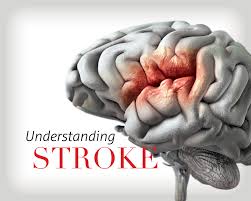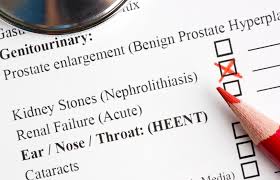 Men who slept badly were twice as likely to suffer a heart attack and up to four times as likely to have a stroke compared with those who slept well, according to a Russian study presented at EuroHeartCare.
Men who slept badly were twice as likely to suffer a heart attack and up to four times as likely to have a stroke compared with those who slept well, according to a Russian study presented at EuroHeartCare.
“Sleep disorders are very closely related to the presence of cardiovascular diseases. However, until now there has not been a population based cohort study examining the impact of sleep disorders on the development of a heart attack or stroke,” lead investigator Valery Gafarov, MD, PhD, professor of cardiology at the Russian Academy of Medical Sciences in Novosibirsk, said in a press release.
The study included 657 men ages 25 to 64 with no history of cardiovascular disease or diabetes. They were enrolled in 1994 as part of the World Health Organization’s MONICA (multinational monitoring of trends and determinants in cardiovascular disease) project.
Sleep quality was assessed at baseline with the MONICA-psychosocial interview sleep disturbances scale. Incidence of new cases of myocardial infarction (MI) and stroke were determined at 5 years, 10 years, and 14 years of follow-up. The investigators used Cox proportional regression models to estimate hazard ratios.
Compared with men who rated their sleep as “good,” those who rated it “poor” or “very bad” had more than twice the risk of experiencing MI at 5 years.
This increased risk for MI was also seen at 10 years and at 14 years of follow-up.
Nearly two-thirds (63%) of the men experiencing their first MI described their sleep as “poor” or “very bad.”
Compared with men who rated their sleep as “good,” those who rated it “poor” or “very bad” had nearly quadruple the risk of stroke at 5 years.
Source: Medpage Today

